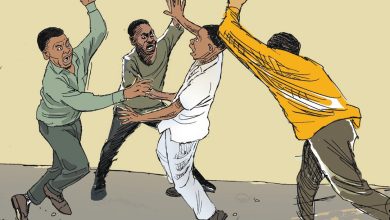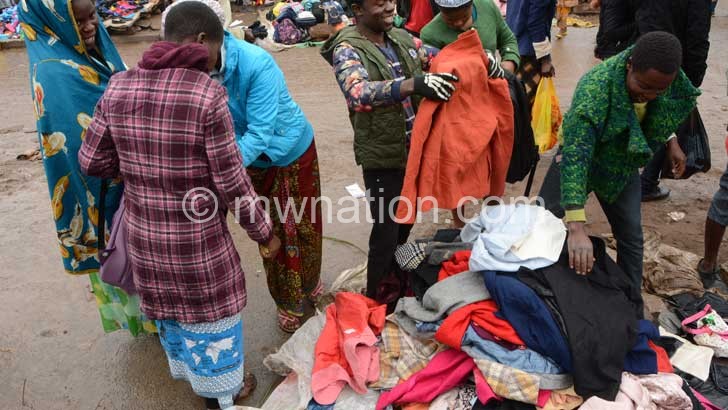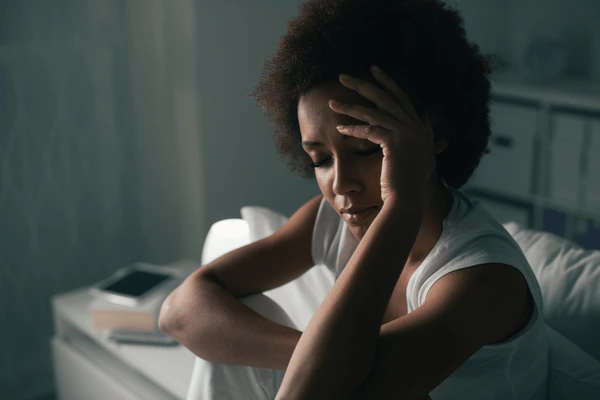Charity begins at home
Honourable Folks,
the other day I was in the company of an ambassador for one of the major donors to Malawi. The envoy dutifully described as inaccurate the claim that the aid freeze that followed the Cashgate scandal amounted to 40 percent of the national budget.
The ambassador argued that what the scandal did was to erode donor confidence in public finance management but not all aid comes as budgetary support and much of what was meant for budgetary support still flows into Malawi through other channels.
That said, the ambassador then said, rather than looking forward to the day when donors would resume funding 40 percent of the budget, it’s more prudent to start preparing for life after aid and begin to think seriously about trade.
That reminded me we’re only months away to the end of the Millennium Development Goals and the donors, who failed to meet their 0.7 percent of GNI pledge as aid to poor countries, will more likely opt to seek a relationship with poor countries built on anything but aid.
While the new world order has made donors look to new giants such as China for bail outs from their own budgetary deficits, recklessness of Cashgate proportions only gives them an excuse to quit honourably.
I like it when after attending the US-Africa Summit, APM is upbeat about attracting Direct Foreign Investment. Boy, he even gave his ministers a directive to explore possible areas for investment in their respective ministries and report back within a month!
But banking on US investment may require a lot more than identifying possible areas of investment. These investors have the whole of Africa to choose where to operate from. If their dollars have to create jobs in our beautiful but landlocked country, then we have to get it right on creating an environment conducive to investment.
Charity begins at home so, before worrying about Direct Foreign Investment, government should worry about local investors. Is the prevailing environment good enough for doing business in Malawi?
The previous DPP government, which had more or less the same people that APM has brought into his administration, did not just destroy a very good economy with its weird policies. I was a sad witness to a desperate plot to deliberately destroy a whole company which employs about 250 people, most of them graduates and pays millions of kwacha in tax.
I’ve also been around long enough to see different regimes deliberately destroying businesses perceived to belong to sympathisers of opposition parties. One way through which this “criminal” punishment is meted out is by denying such companies opportunities to supply goods and services to government.
Nowadays government also behaves like a bad debtor to boot. It has consumed goods and services from the private sector worth billions of kwacha then dilly-dally on payment for months or even years, making suppliers suffer huge interest on the capital tied to such bad deals.
MRA then comes in and demand VAT on the same goods and services, making the supplier suffer double tragedy in the process. Yet for all this, the quality of public goods and services government renders to the public sector continues to deteriorate with time.
Why? Government collects heavily from a very small population of less than a million corporate and non-corporate citizens to spend on the welfare of over over 75 percent of the 15 million plus population that does not pay direct tax.
From the Cabinet crisis of 1964, government is still afraid of introducing a small fee for public health care services yet the so-called poor citizens it serves always pay for treatment at Cham hospitals and for the services of asing’anga.
Then there’s the so-called free education, the so-called farm input subsidy….Now APM has added subsidised cement and iron sheets. Any wonder that now we have hospitals without drugs and schools, even universities without chairs?
The private sector needs to borrow at reasonable cost. It needs forex, security, good infrastructure and fair tax system. It needs a levelled and corrupt-free playing field where tenders are won on merit and not given as rewards for political support. It needs the support of an effective and efficient government.
To turn around the economy and attract investment—domestic or foreign—government should stop pursuing nice but unsustainable policies and start taking care of the goose that lay the egg.








